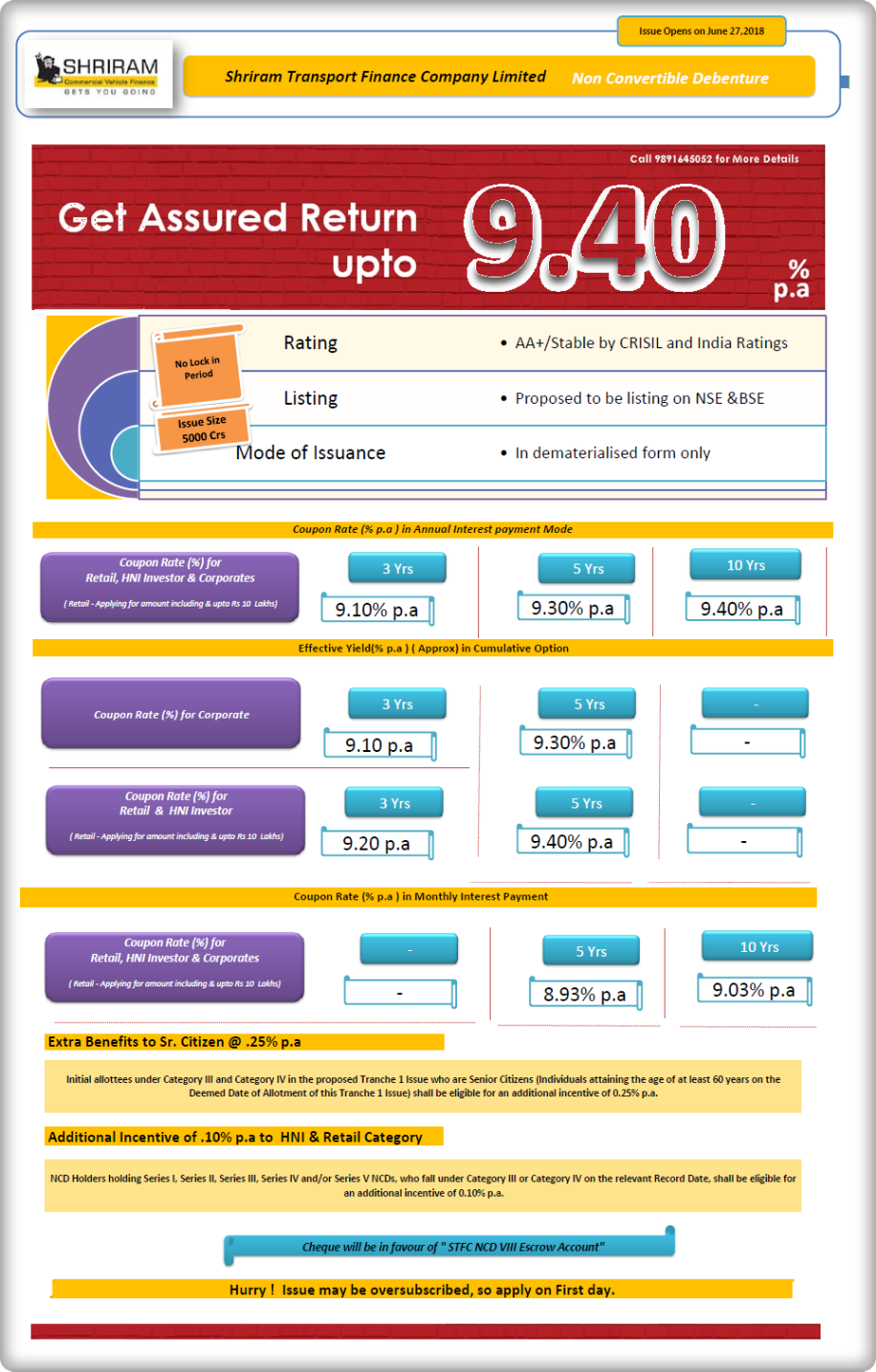FII flows will halve next year: Neelkanth Mishra
Flows from overseas investors are likely to slow down substantially next year, says foreign brokerage Credit Suisse. The Indian markets, however, could deliver up to 30% returns in the next two years led by corporate earnings growth. Neelkanth Mishra, managing director-equity research, Credit Suisse says the sharp drop in crude oil prices isn't very positive for the Indian market. Explaining the market outlook for 2015, Mishra said that the Indian market is an "island of stability" considering what is happening in the rest of the world. Edited excerpts from a press briefing by Credit Suisse on 2015 outlook:
On impact of declining oil prices:
The decline in oil prices is due to weak world demand. Nifty and oil have positive correlation. In 20 years, you will struggle to find negative correlations between Indian markets and oil. Weak oil prices will hurt India's exports. So the benefit of $35 billion to the CAD on account of the decline in oil prices will be eroded by drop in exports. Fuel is a small component in consumer inflation. The first order impact on consumer inflation because of fall in oil prices won't be that big.
On FII flows slowing:
Lot of oil producing countries are big exporters of capital. Lot of sovereign wealth funds backed by countries like Saudi Arabia, Qatar, UAE have been investing $8-$10 billion into India each year. These flows will slow down substantially. The overall FII flows into the Indian market will come down from an average $20 billion to about $10 billion next year.
On India economic stability:
Real story is playing outside India, where the world is devoid of growth. There are fears that China's growth is significantly over-reported, if one factors in that, the global growth scenario is even worse. India is island of stability. Even if our growth doesn't accelerate, it is still much better than rest of the world. World is going through deflation.
On quantitative easing:
Even if US has ending its QE programme, other regions like Eurozone and Japan have printing money. Our estimate is that QE in 2015 will be 1.9 times more than this year.
30% returns in next two years:
We don't have an explicit price target for the Indian market. But earnings are expected to grow at a compounded rate of 16% over the next two years. If that happens, the market will give 30% returns over the next two years. Every economy there is something to blow a hole in the story.
India's valuations:
On a relative basis, India's valuation premium to MSCI World is still quite low below the historic highs. But if Europe and US had to tank sharply, the relative valuations might turn expensive. There is big turmoil in the world market.
On market corrections:
There is a strong feeling of being left out among investors. That's party a reason why the Indian markets don't fall sharply. So far the correction has been surprisingly orderly. But if one big bank in some geography blows up, there will be a huge sell-off. The contagion risk will hurt us a lot. Those are the events we have to be cautious of when you are looking at the Indian markets.
http://wap.business-standard.com/article/markets/fii-flows-will-halve-next-year-114121000809_1.html
Sent from BlackBerry® on Airtel






Comments
Post a Comment
You are requested to mentioned your full name with email id while commenting.